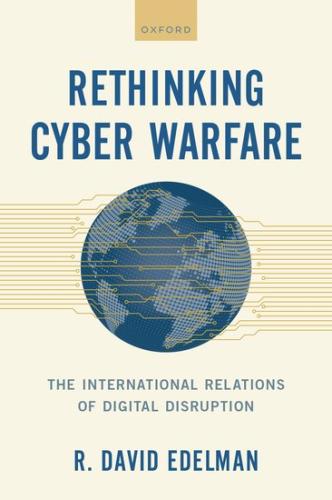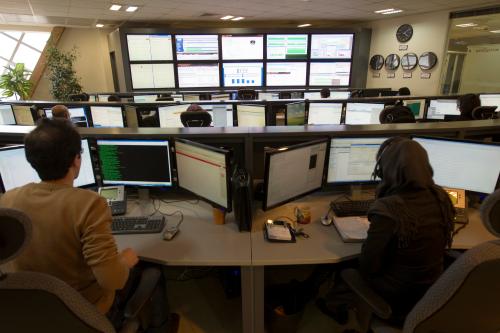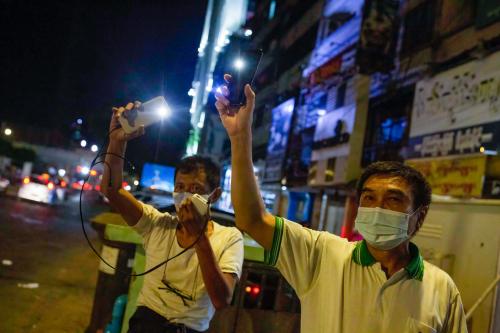The Center for Technology Innovation will host a discussion titled “From the Arab Spring to cheating students in India: The economic costs of internet shutdowns” at 10:00am on October 6 at the Brookings Institution. RSVP to attend the event in person or watch the live webcast here.
This past June, the United Nations Human Rights Council passed a non-binding resolution condemning the intentional shutdown or disruption of domestic internet access. Despite the support of many member states, governments such as India, Saudi Arabia, Morocco, Iraq, Brazil, the Republic of the Congo, Pakistan, Bangladesh, Syria, Turkey, and Algeria have shut down internet or mobile service, sometimes for an extended period.
In my new paper, I detail the economic costs to countries that intentionally disrupt citizens’ digital access. I found 81 short-term internet shutdowns that occurred in 19 countries between July 1, 2015 and June 30, 2016, and estimated that such obstruction cost the global economy at least US$2.4 billion.
In calculating the economic impact of the various types of internet shutdowns, I drew upon data measuring GDP, shutdown duration, extent of the population affected, extent of the digital economy, extent of mobile penetration, and a multiplier effect from the disrupted digital economy. During the past year, India lost $968 million from internet shutdowns, Saudi Arabia lost $465 million, Morocco lost $320 million, Iraq lost $209 million, Brazil lost $116 million, and the Republic of the Congo lost $72 million, among other nations.
Examples of internet disruptions include Turkey denying access to social media applications, Indian states shutting off mobile networks during student testing periods, and Brazil blocking online video calls and instant messaging. The majority of these blackouts occurred in the Middle East and South Asia, with India, Iraq, non-ISIS Syria, and Pakistan accounting for 71 percent of recorded instances.
Internet disruptions slow growth, cost governments tax revenue, weaken innovation, and undermine consumer and business confidence in a country’s economy. As internet-powered businesses and transactions continue to grow, they represent an increasingly significant portion of global economic activity. If shutdowns continue, the damage from connectivity disruptions will become ever more severe.
Read the paper “Internet Shutdowns cost countries $2.4 billion last year” here.
Maximilian Fiege contributed to this post.
The Brookings Institution is committed to quality, independence, and impact.
We are supported by a diverse array of funders. In line with our values and policies, each Brookings publication represents the sole views of its author(s).









Commentary
Global economy loses billions from internet shutdowns
October 6, 2016